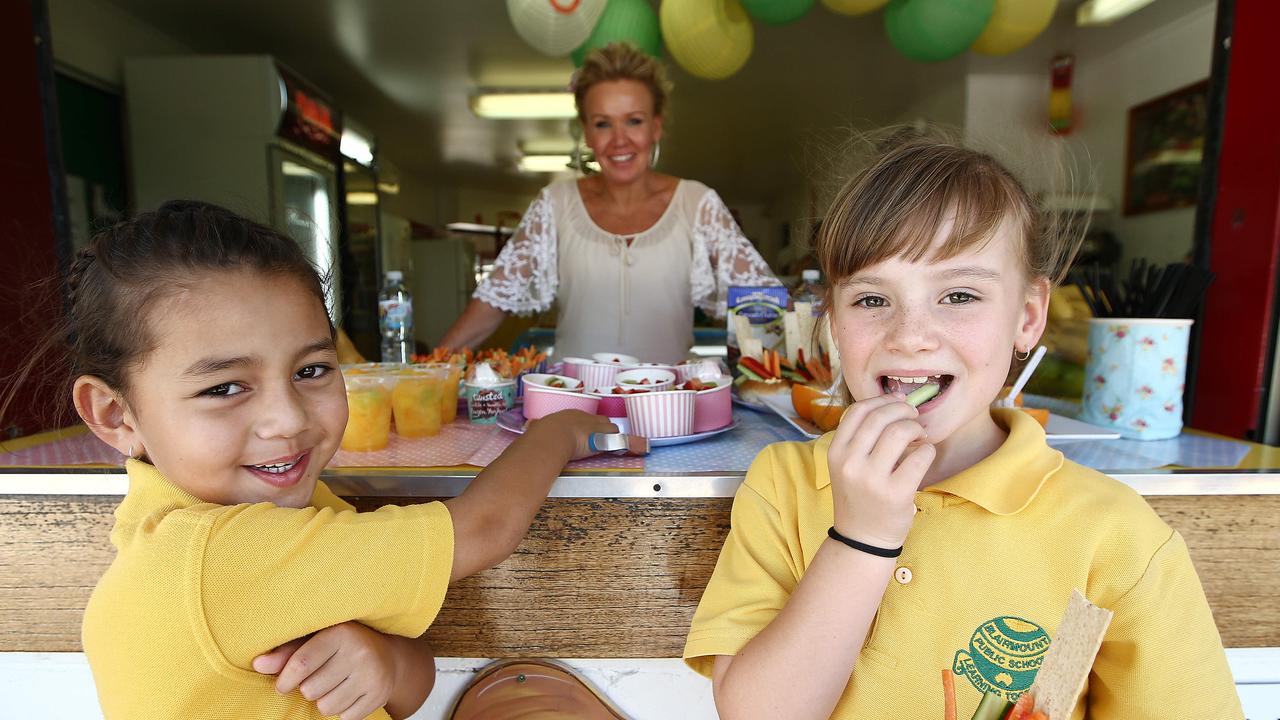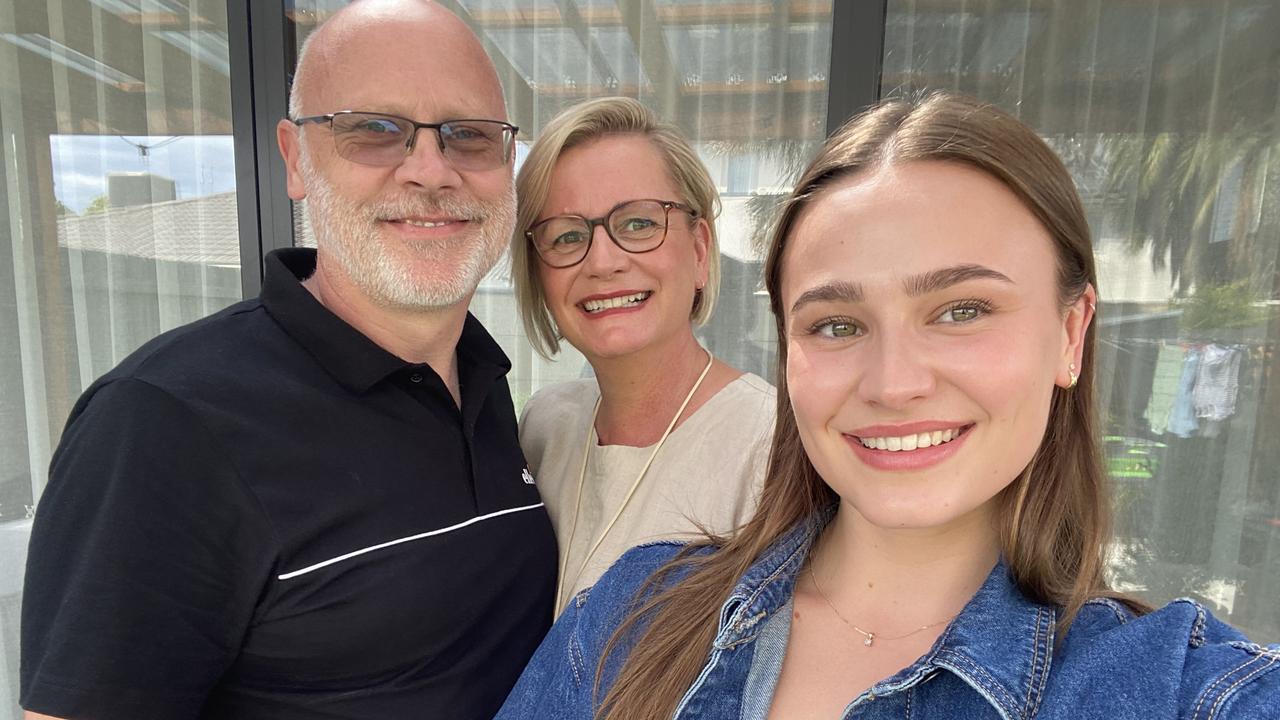Severely disabled boy horrifically failed by $2m a year taxpayer-funded care
An intellectually disabled boy has been failed so catastrophically by his NDIS-funded care he has been involved in more than 500 critical incidents, including five near-death experiences, in less than two years.
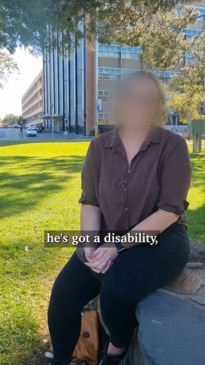
Education
Don't miss out on the headlines from Education. Followed categories will be added to My News.
Taxpayers are forking out $2m a year to look after an intellectually disabled boy, but his care is still failing so catastrophically he has been the subject of more than 500 critical incidents in less than two years.
In one emergency, the 15-year-old – who the Herald Sun has chosen to identify only as Boy Y – was even able to steal the keys of a car from his carers, driving it for an hour before slamming the vehicle into a building.
He has had five near-death experiences, including a near-miss electrocution, attempting to swallow glass and running on a busy freeway.
The teen’s distraught mother says the neglect her son has been subjected to – despite the enormous bills charged by agencies to care for him – highlights how broken the NDIS system is.
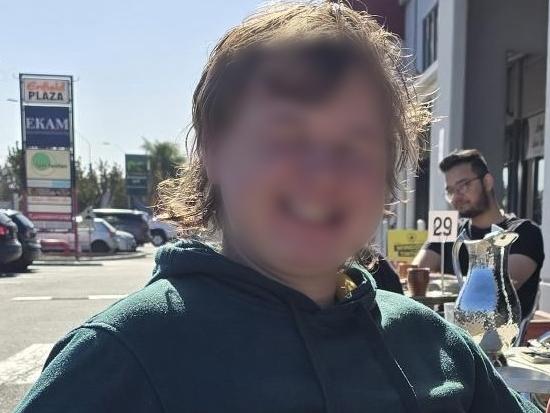
It comes days after it was revealed more than $2bn in NDIS funding – at least 5 per cent of the entire scheme – has been spent on items not in clients’ packages, such as cars, holidays and even illegal drugs.
A senate estimates hearing this week was told dodgy operators were encouraging participants to withdraw cash for illicit drugs and spend tens of thousands of dollars on holidays, forcing NDIS Minister Bill Shorten to acknowledge there were fraud issues within the system.
Two taxpayer-funded carers are paid to care around the clock for Boy Y, who has a chromosomal deletion disorder, low IQ and diagnoses of autism, ADHD, Intermittent Explosive Disorder and gross motor delay.
Boy Y is one of just a handful of children in Australia who is cared for in his own hardened house outside of the family home due to a complex disability, under a state and federal MOU.
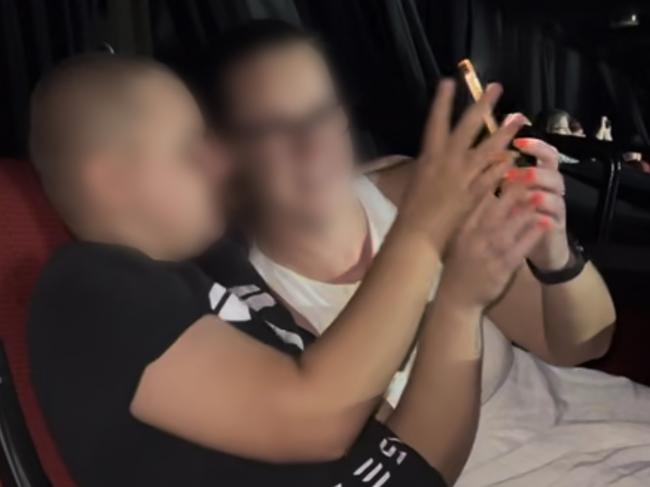
His $2m annual care bill includes a $1.2m NDIS package and about $800,000 funding from the South Australian government for housing, utilities, food, hardening, health, mental health, emergency services and school support.
But his mother claims there are still routine failings by providers, with “absolutely no ramifications”.
“Providers can charge up to $150 an hour yet pay underqualified (workers), or people with no qualifications, far less an hour to provide inappropriate, dangerous, harmful, neglectful care that is a denial of basic human rights,” she said.
“I am begging for help to keep my son safe.”
Since August 2022, when the boy went into voluntary out-of-home care, he has been the subject of more than 500 critical incidents – requiring the attendance of emergency services, doctors and/or presentations to emergency departments.
From December until March of this year – under one provider – he was involved in more than 100 critical incidents. On one occasion staff who were paid to care for him sat in their car while he went to a skate park and hung around with a group of youths who were allegedly drinking alcohol and smoking.
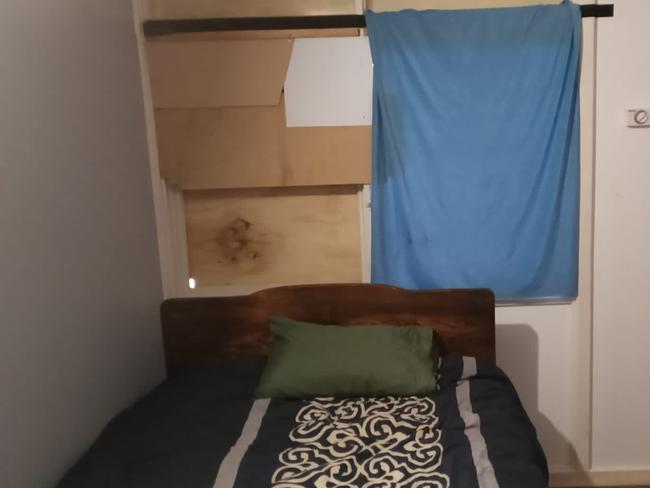
“The carers were supposed to be offering 24-hour care but they were allegedly tracking him on air tags through a phone from a distance claiming their safety was compromised,” the boy’s mother said.
On another, he was out alone and missing until 1am.
“They (the carers) failed to report 19 critical incidents of neglect within the first six weeks caring for him, including one time when he was missing for over two hours,” she added.
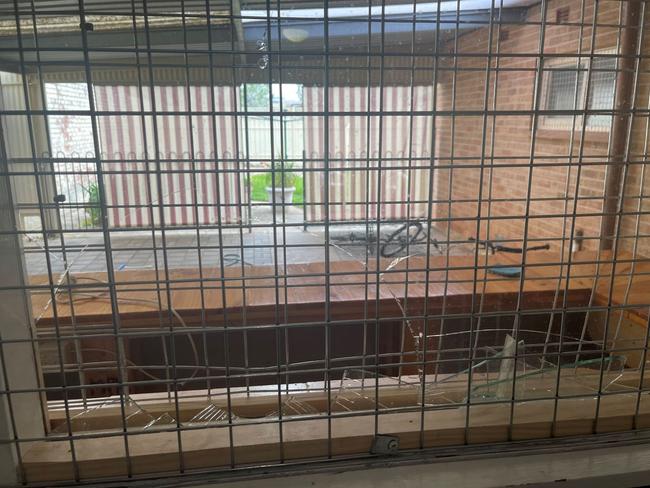
In another incident, Boy Y smashed dozens of holes in the walls and doors of his care home with a cricket bat.
“He was also able to obtain the keys to a vehicle and drive around for an hour on busy streets, at 5pm in weekday peak hour traffic along North East Rd. It was terrifying and could have resulted in members of the public losing their lives”, his mother said.
The incident, which took place in February, involved a Honda sedan.
“They allege they didn’t see him get the keys. I was so worried he was going to kill someone or himself.
“He only stopped when he crashed into a building,” his mother said.
The failings come despite numerous reports from specialists which state that anything less than 2:1 care would lead to “risk of severe harm, injury or death” to him, staff, family and community members.
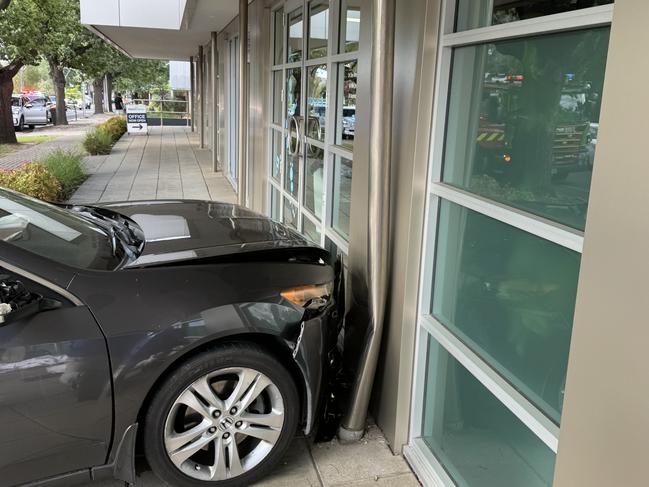
Boy Y is one of an estimated 600 children across the country in voluntary out-of-home care, because they are too hard for their families to look after. Many are on taxpayer-funded packages of more than $1m a year.
Authorities in many states have repeatedly raised concerns about the dangerously low quality of care.
His mother said: “He’s still a human and he’s been dehumanised. We’re moving from crisis to crisis.
“They (care agencies) are paid for a high-intensity service and they bill at a high intensity level but there are no checks and balances and no one checking that this is what is being provided.
“Now it’s left up to police, the fire brigade and ambulances and he ends up in hospital
because there’s no one else. The nurses are incredible but they are put in a position to
provide care that is a state and federal disability related responsibility not a health system fall
back.”
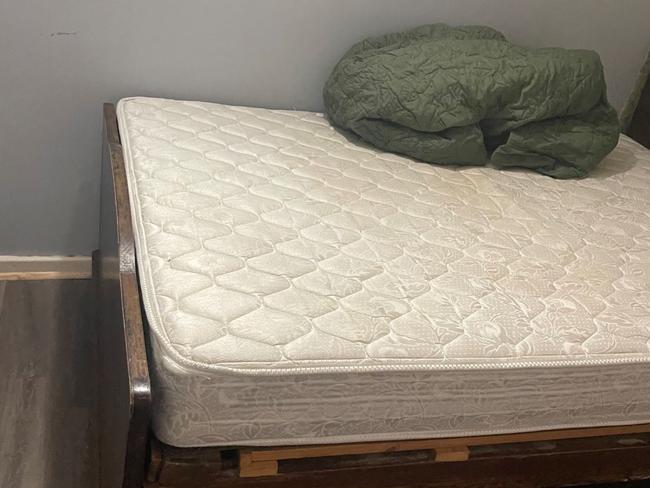
An NDIS spokesman said the National Disability Insurance Agency (NDIA) was “committed to working with state government systems to make sure participants like (the boy) are safe and supported”.
“Children and young people with complex needs and behaviours of concern, as well as their families and carers, rely on a support network across federal and state government systems that meets their needs,” they said.
Helen Connolly, the SA Commissioner for Children and Young People, said she was aware of the situation but was unable to comment on individual cases.
In a 2022 report she wrote of concerns about such children living out of the full-time home with rotational carers.
“Stakeholders have raised significant concerns about the quality of care provided by a workforce that is characterised by high workloads, high levels of casualisation and significant gaps in experience, skills, training and knowledge,” Ms Connolly wrote.
SA opposition spokesman on disabilities Heidi Girolamo said her “heart breaks for the mother, who has continued to fight long and hard to get her son the help he needs, but he continues to fall through the enormous gaps that exist when it comes to disability support services”.
The boy’s mother called for an opportunity to sit down with federal disability minister Bill Shorten and “enable immediate changes before lives are lost and these children and families are failed further”.
Mr Shorten replied through a ministerial spokeswoman to say: “This has been an extremely challenging matter since the participant started on the scheme in 2014.
“Everyone has done everything they can to help this participant but, as well as being extremely complex, the child has very challenging family relationships.”
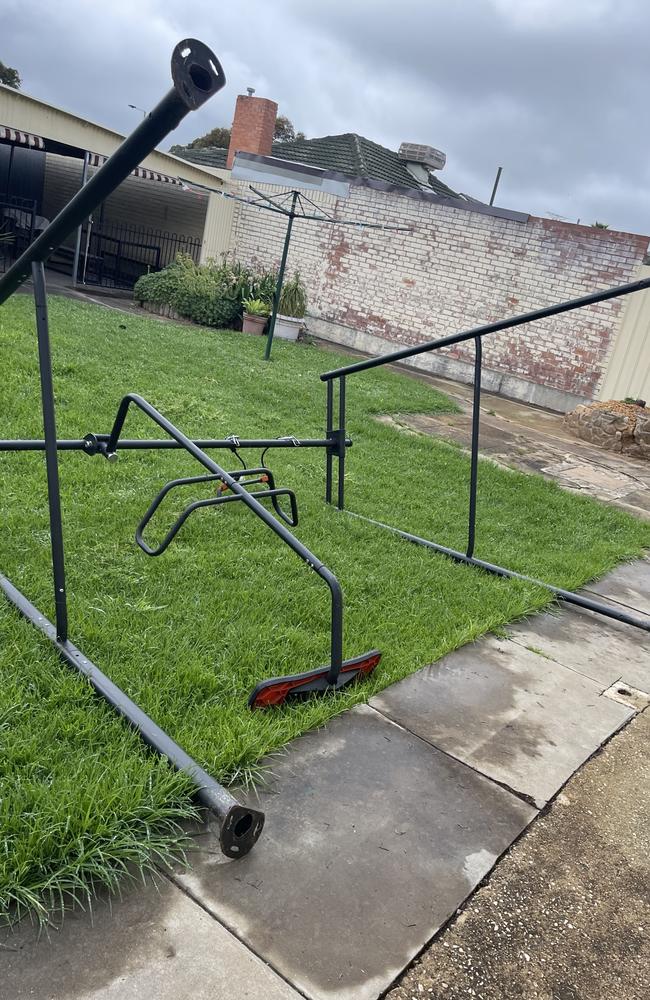
What is voluntary out-of-home care
Voluntary out-of-home care is where there is no court order requiring a child to live out of their parent’s care. The parent consents to a voluntary arrangement with a service for the temporary care of their child either in a separate residence or a shared residence of a disability service. The child is looked after or by carers, who may be volunteers assessed and trained to care for them in their own home, or employees who care for children in residential facilities.
Before a child is placed in out-of-home care, a parent must sign a child care agreement. These agreements authorise the service to provide for the child’s care and ensure parents are aware of their rights and responsibilities. Parents retain parental responsibility over their child.

